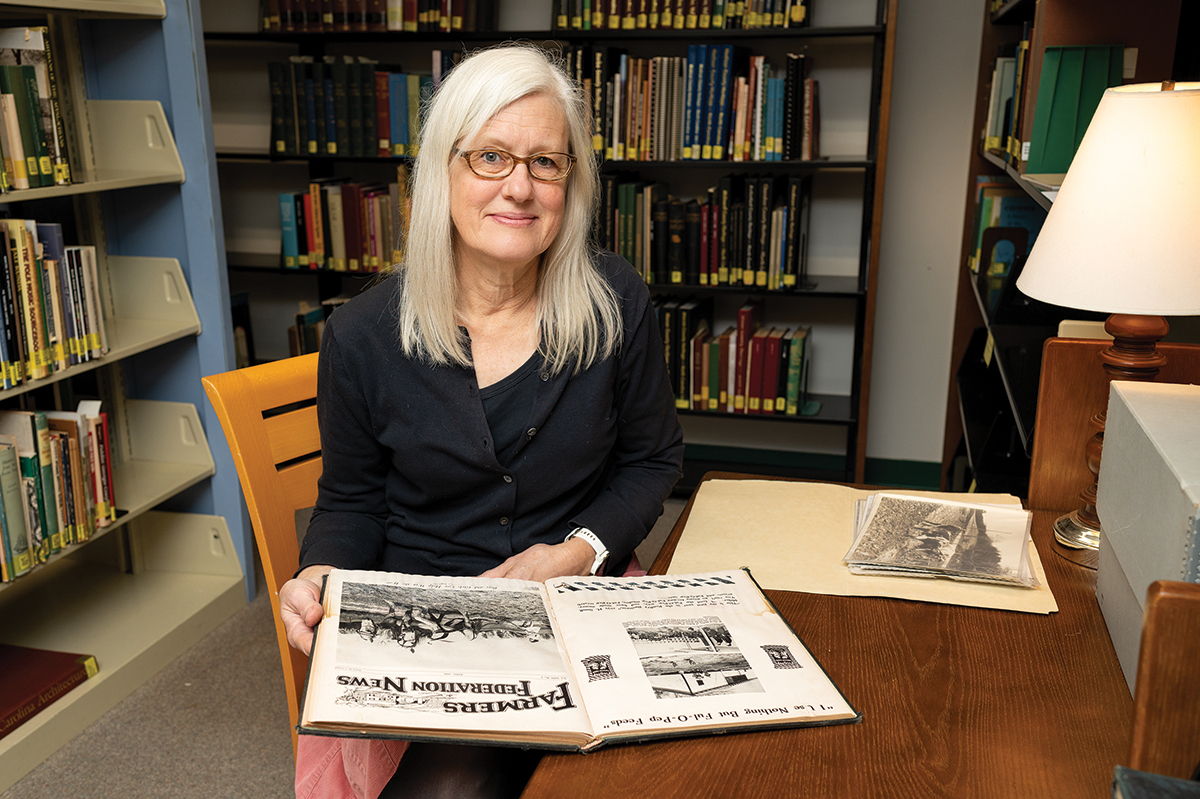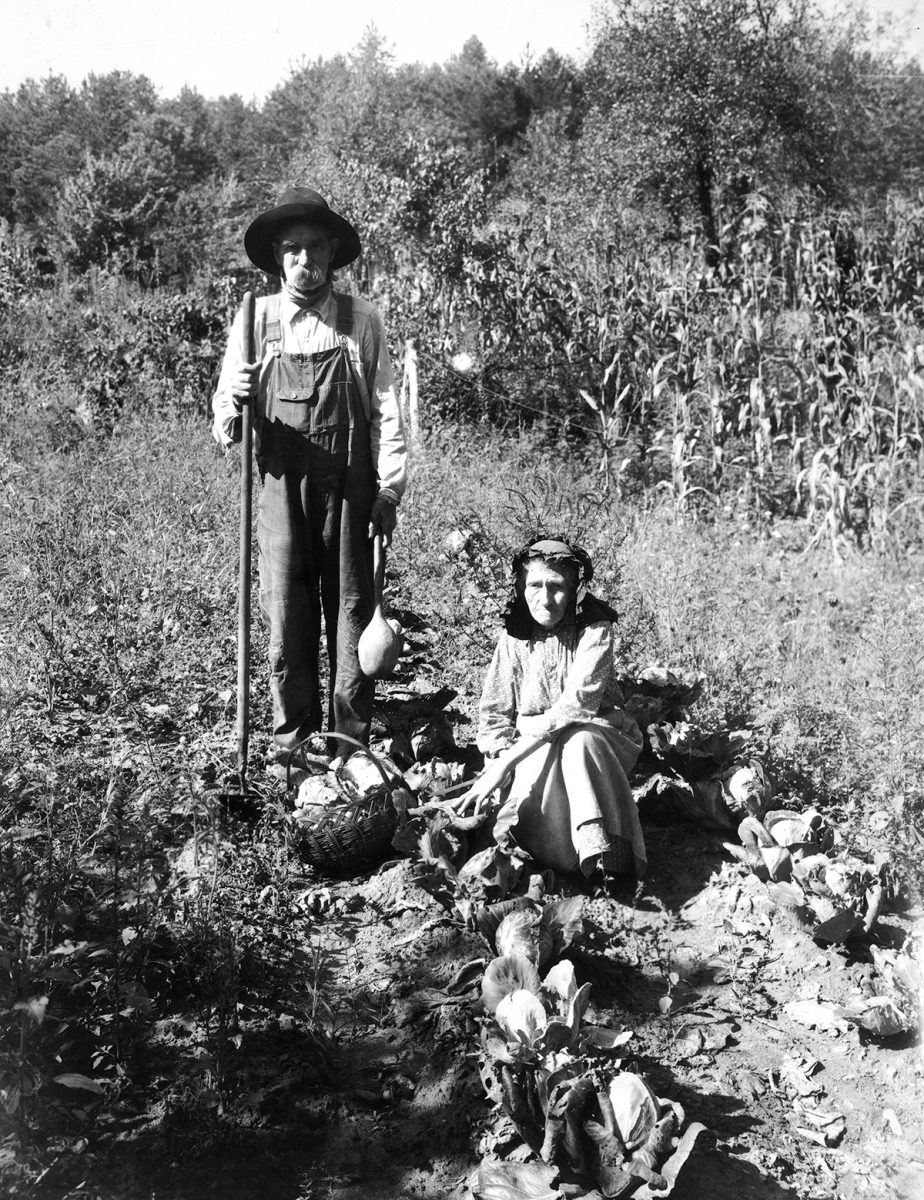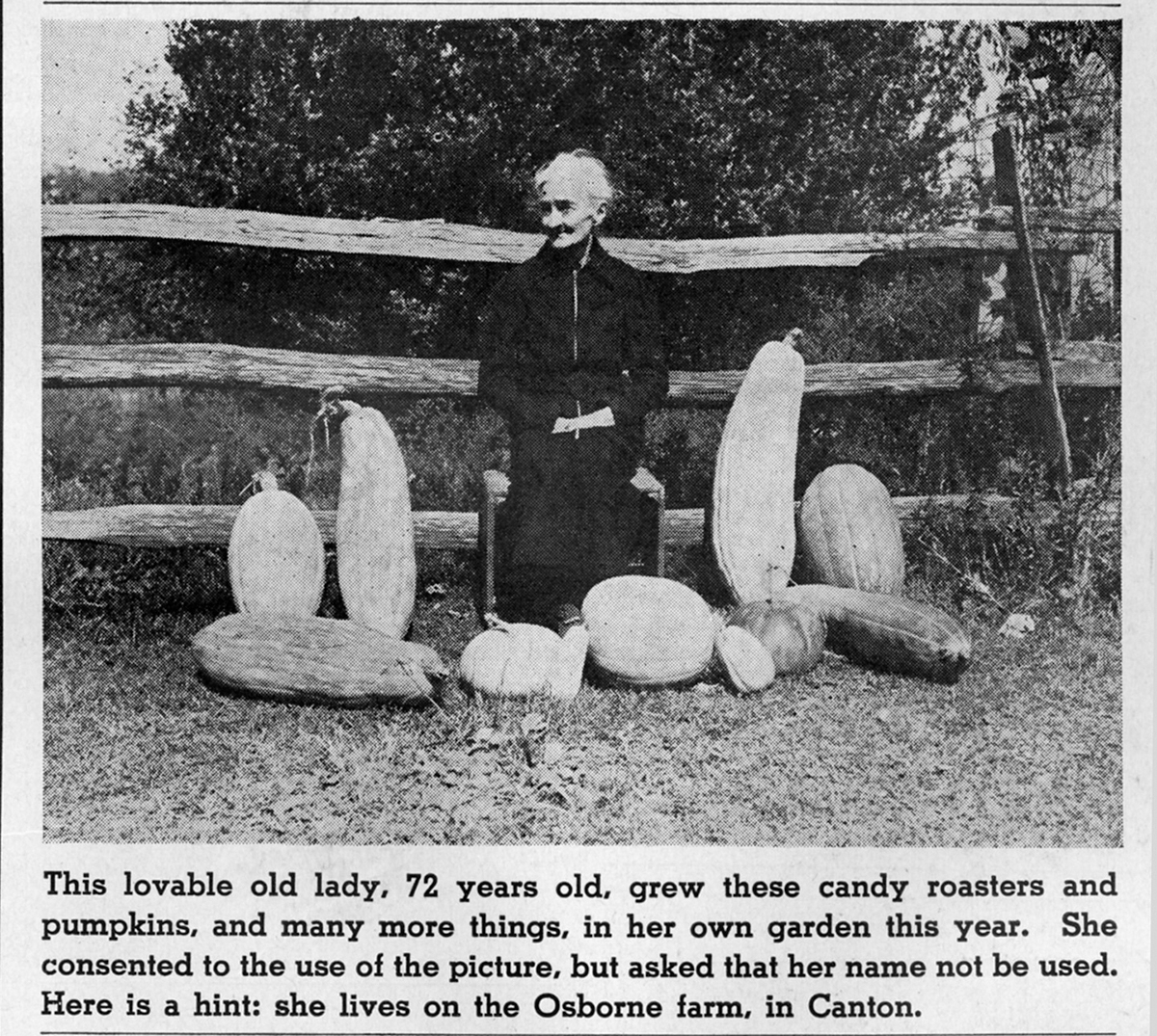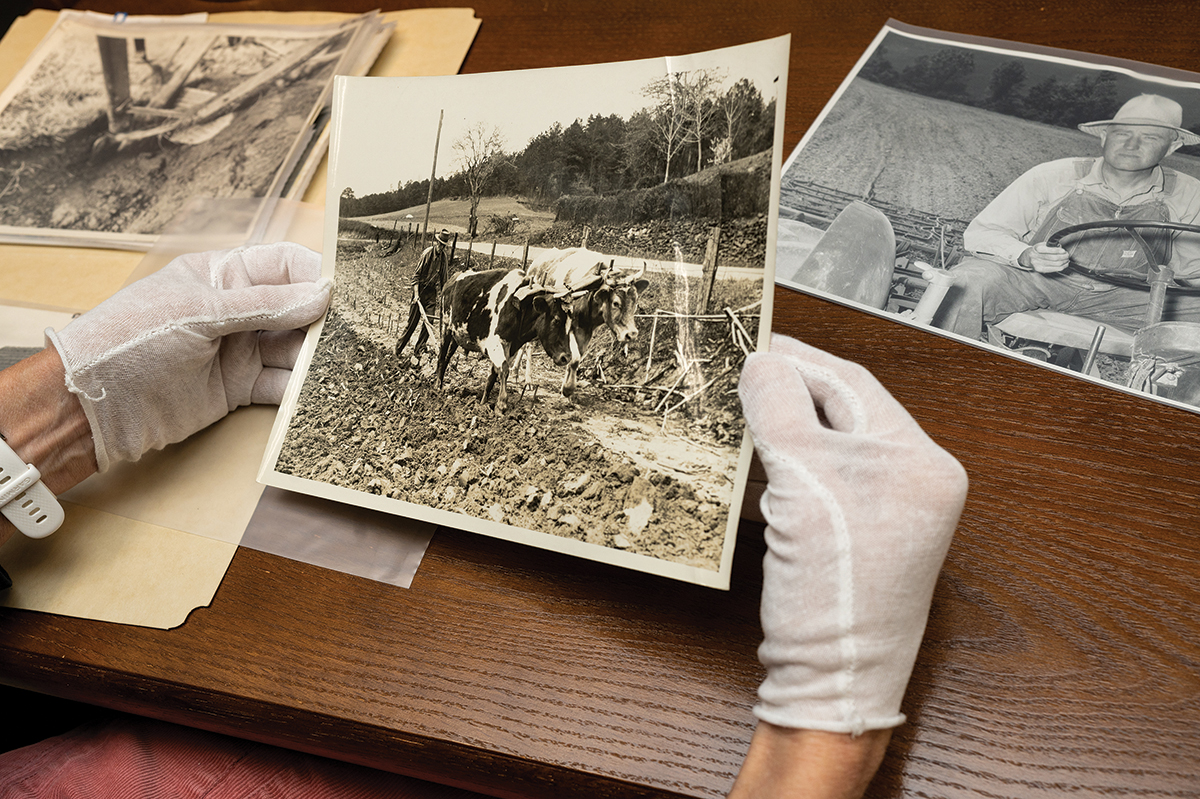Mars Hill University collection offers an intimate look at the region’s agricultural roots

Portrait by Lauren Rutten
In 1889, Washington M. Lance, 22, was newly married with a big problem: Only half an acre of his newly acquired 96-acre farm was fit for growing anything. Years later, he recalled that his neighbors laughed at him when he put a scrawny mule to work plowing the impoverished soil.
But then he began feeding his cows cottonseed meal to enrich their manure. Next, he planted clover — not to harvest, but to nourish the ground. His newfangled methods were likewise viewed with contempt.
But the seasons turned, and Lance’s methods worked. And then the area farmers began following their once-scorned neighbor’s ways. Apparently, Mr. Lance could bring soil back from the dead.

Some 50 years later, Lance — looking well-worn but spry in an accompanying photo — detailed the drama in an article published by the Farmers Federation of Western North Carolina, a 21-county organization dedicated to improving the lives of growers across the region. The piece of literature is among a 3,000-item parcel in the James G.K. McClure, Jr., Collection held by Mars Hill University.
McClure founded the Farmers Federation in 1920. According to Dr. Karen L. Paar, director of MHU’s Southern Appalachian Archives, he was a Presbyterian minister with a progressive social-justice bent. “He didn’t want to just tell poor people to wait for their reward of heaven,” explains Paar. “He wanted to make their lives better here on earth.”

And so, when the Illinois native moved to Fairview in 1916 and witnessed the hand-to-mouth existence lived by neighboring farmers, he took it as a sign from God. His calling was clear: to help mountain folks flourish.
The organization had many initiatives, from an experimental sweet-potato curing house in Polk County to communal meat lockers where families without refrigeration could hang a freshly slaughtered cow.
But most efforts were centered around education, specifically teaching farmers how to ramp up production and make a true living from the land. Tips on everything from building chicken coops to raising bees were printed in Farmers Federation News. Botanical illustrations of peas, carrot varietals, and fresh herbs are interspersed with articles bearing titles like “Treat the Step-Child Better,” referring to one’s potentially neglected home garden versus crops for sale. Another article, though, discusses the possibilities of commercial apple growing in Western North Carolina — an idea that clearly flourished, with Henderson County now producing more than 150 million pounds of that fruit each year.
The James G.K. McClure, Jr. Collection is rife with these sorts of success stories. Donated to Mars Hill University in 1982, the collection features McClure’s personal papers, clippings from the Farmers Federation News, and thousands of photographs taken from the 1920s to the early 1960s, when the federation dissolved.

University Archivist Karen Paar holds a photo from the McClure Collection, which numbers some 3,000 items.
Photo by Lauren Rutten
For the area’s new surge of local growers, these images provide a “glimpse into what life in Western North Carolina was like at the time,” Paar notes.
There are photos of women toiling in a sea of tobacco, groups of children picking berries in briery fields, and neat rows of cowpeas being tended by gruff-looking men. The people in these images are lean, as Paar observes. “They look like they lived and worked hard,” she says.
But beneath the collection’s sunbaked and oil-stained exterior, there’s a glimmer of hope: a young boy happily munching watermelon, an elderly matriarch proudly posing next to massive candy-roaster squash, and an elderly man named Washington M. Lance who had done the seemingly impossible.
“No magic or mystery is connected with this improvement — Mr. Lance declares that four things will build up any land,” the Farmers Federation News article reports. “They are manure, subsoiling, crop rotation, and plenty of hard work.”
Southern Appalachian Archives, Mars Hill University, Mars Hill. Portions of The James G.K. McClure, Jr. Collection, plus nine other related collections, can be viewed online at southernappalachianarchives.org. The entire collection is available to view in person by appointment: contact Archives Director/University Archivist Dr. Karen Paar at 828-689-1262 or at kpaar@mhu.edu.
